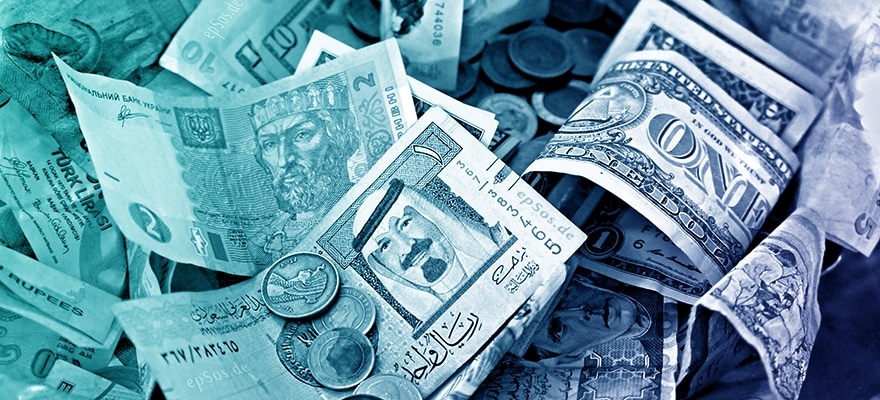Billionaires Charles and David Koch are known to have made many good business decisions over the years and placing millions of dollars with Ponzi Scheme operator Bernard Madoff seems to have been one of them.
A total of $2 billion is at stake.
Refusal to return the money
Koch Industries invested an undisclosed sum with Madoff’s now defunct securities firm years ago, and walked off with $21.5 million in profits before Madoff was arrested in 2008. But since 2012 the company, now worth $109 billion, has refused legal demands to pay back the money.
Irving Picard, the trustee liquidating Madoff’s firm, contends that the cash is essentially fraudulent proceeds of the fraud and should be shared among the thousands of victims. Koch Industries, however, argues the company can keep the profits because the money was sent overseas and is beyond U.S. jurisdiction. A total of $2 billion is at stake.
The battle is now coming to a head in a Manhattan Bankruptcy court, where it could be ruled within weeks on a key issue affecting Picard’s suit. The defendants claimed a victory in 2014 when the judge said that money transferred overseas is generally out of Picard’s reach. In the Koch case, the $21.5 million was sent in 2005 to a fund based in the British Virgin Islands, and then to a Koch entity in Britain.
Transactions were domestic transfers
Picard is claiming that the transactions were essentially domestic transfers made to appear foreign and is not accusing Koch of wrongdoing. As with his many prior suits to recover cash, he contends the returns aren’t legitimate because Madoff used money from new investors to cover the fake profits of older ones. He has used this argument successfully in mostly domestic cases to win back more than $11 billion for victims, who lost $17.5 billion in principal.
"Regardless of where these feeder funds maintained operations, their transactions related to BLMIS were predominantly domestic," Picard has said in filings in federal court in New York. Moreover, the customers knew their investments were subject to U.S. law, he argued.
If Picard wins on this issue, his fight to recover the $2 billion isn’t over. He must then prove that the transfer in each defendant’s case was "domestic". Then, for transfers that occurred more than two years before Madoff’s arrest, Picard must establish one more thing: that the feeder fund in which the defendant invested had “actual knowledge” of the fraud.
Although registered in the United Kingdom, Koch Investment had no employees or operations in the United Kingdom, and was operated and managed entirely from the United States.
Madoff is currently serving a 150-year prison sentence for running the Ponzi scheme.


















